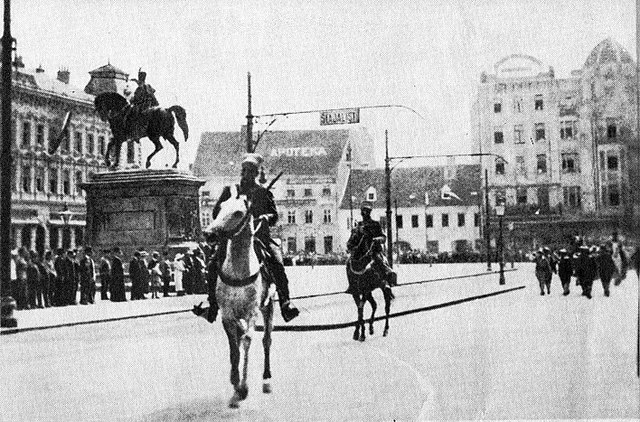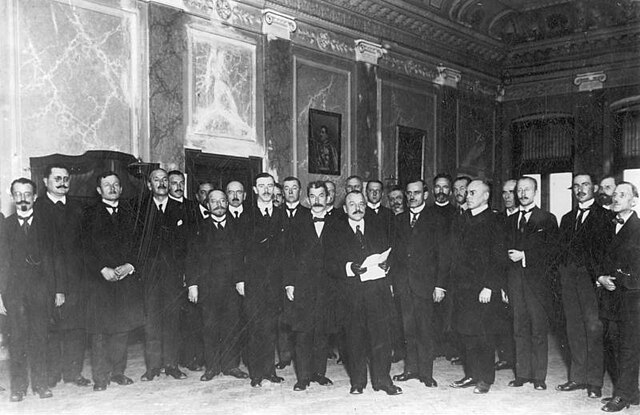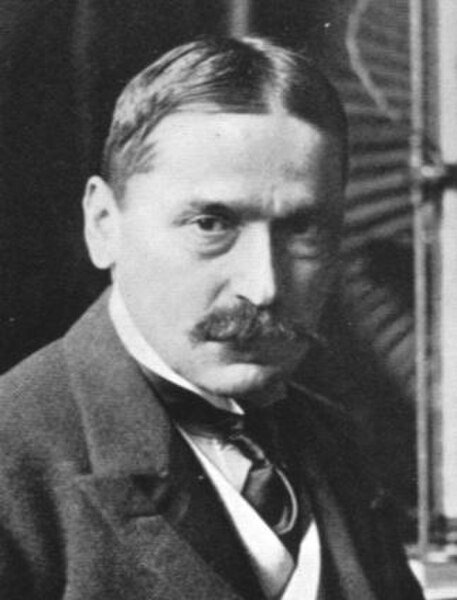The Yugoslav coup d'état took place on 27 March 1941 in Belgrade, Kingdom of Yugoslavia, when the regency led by Prince Paul of Yugoslavia was overthrown and King Peter II fully assumed monarchical powers. The coup was planned and conducted by a group of pro-Western Serbian-nationalist Royal Yugoslav Air Force officers formally led by the Air Force commander, General Dušan Simović, who had been associated with several putsch plots from 1938 onwards. Brigadier General of Military Aviation Borivoje Mirković, Major Živan Knežević of the Yugoslav Royal Guards, and his brother Radoje Knežević were the main organisers in the overthrow of the government. In addition to Radoje Knežević, some other civilian leaders were probably aware of the takeover before it was launched and moved to support it once it occurred, but they were not among the organisers. Peter II himself was surprised by the coup, and heard of the declaration of his coming-of-age for the first time on the radio.

Dušan Simović, King Peter II of Yugoslavia, and Radoje Knežević in London, June 1941. Peter II was declared of age and placed on the throne as a result of the coup.
Minister of the Army and Navy Milan Nedić was fired by prince regent Paul in November 1940 for advocating that Yugoslavia join the Axis.
Peter II, 17 years old at the time of coup, was declared to be of age.
Demonstrations in Belgrade on 27 March
The Kingdom of Yugoslavia was a country in Southeast and Central Europe that existed from 1918 until 1941. From 1918 to 1929, it was officially called the Kingdom of Serbs, Croats, and Slovenes, but the term "Yugoslavia" was its colloquial name due to its origins. The official name of the state was changed to "Kingdom of Yugoslavia" by King Alexander I on 3 October 1929.
Celebrations in Zagreb during the formation of the National Council of the State of Slovenes, Croats and Serbs, October 1918
Serbian Army in Zagreb's Ban Jelačić Square in 1918
Delegation of the National Council of the State of Slovenes, Croats and Serbs led by Ante Pavelić reading the address in front of regent Alexander, 1 December 1918
Mihajlo Pupin, Serbian physicist and physical chemist. He influenced the final decisions of the Paris Peace Conference when the borders of the Kingdom were drawn.








